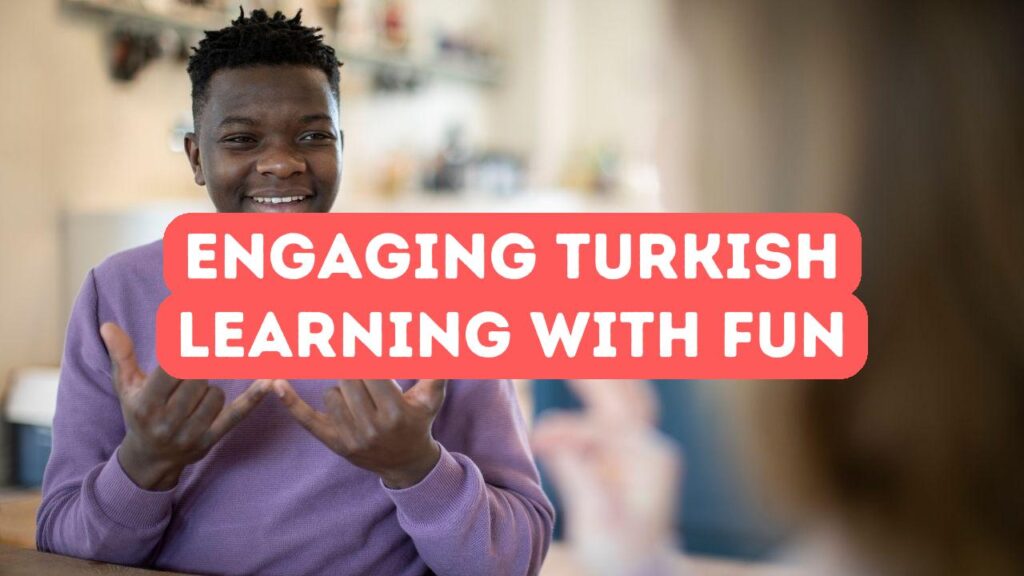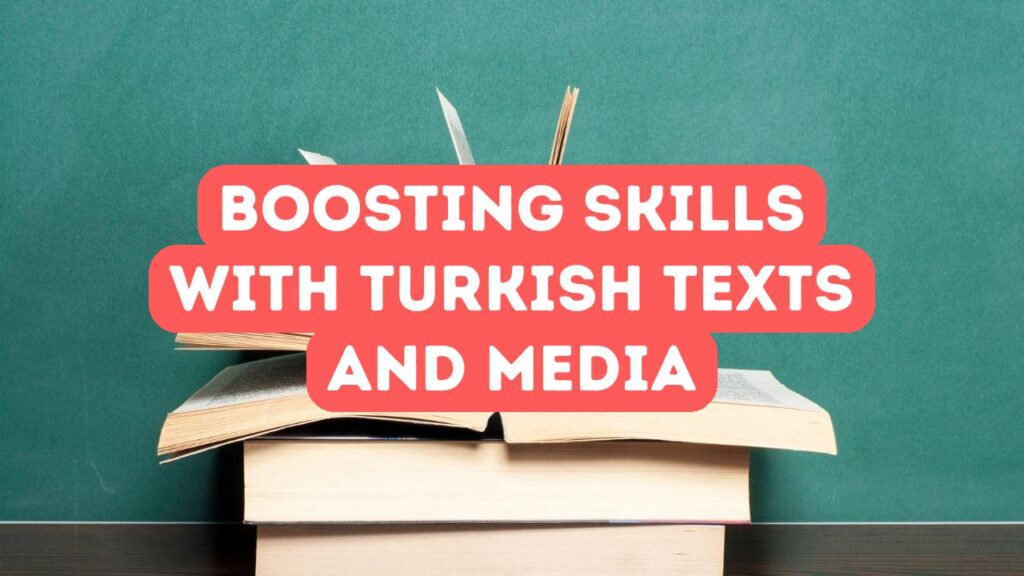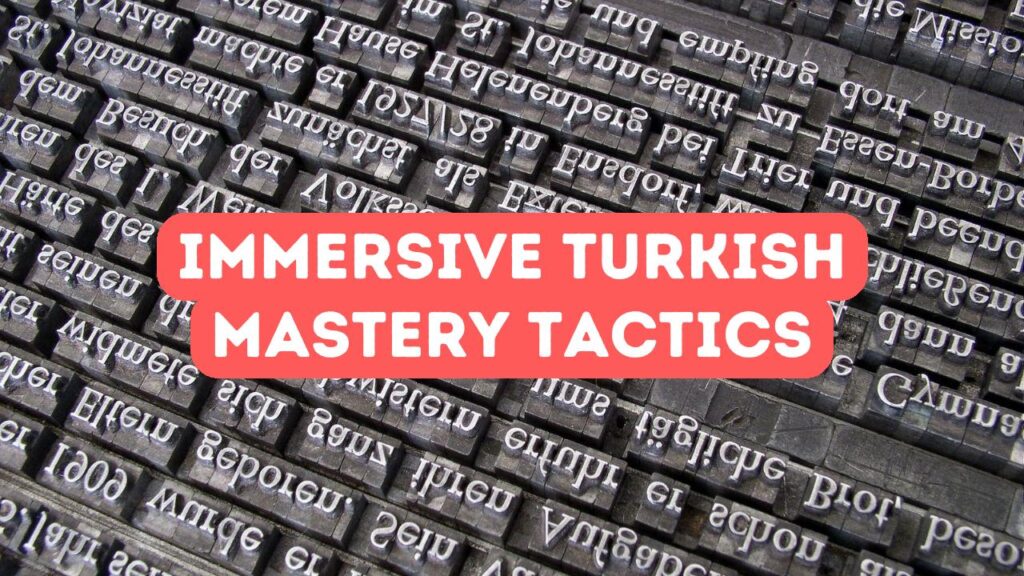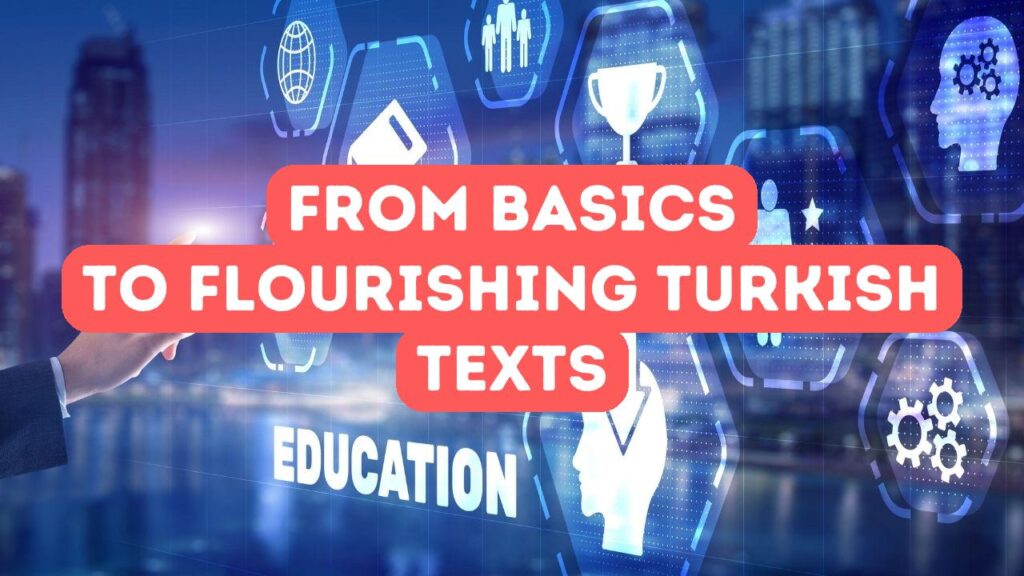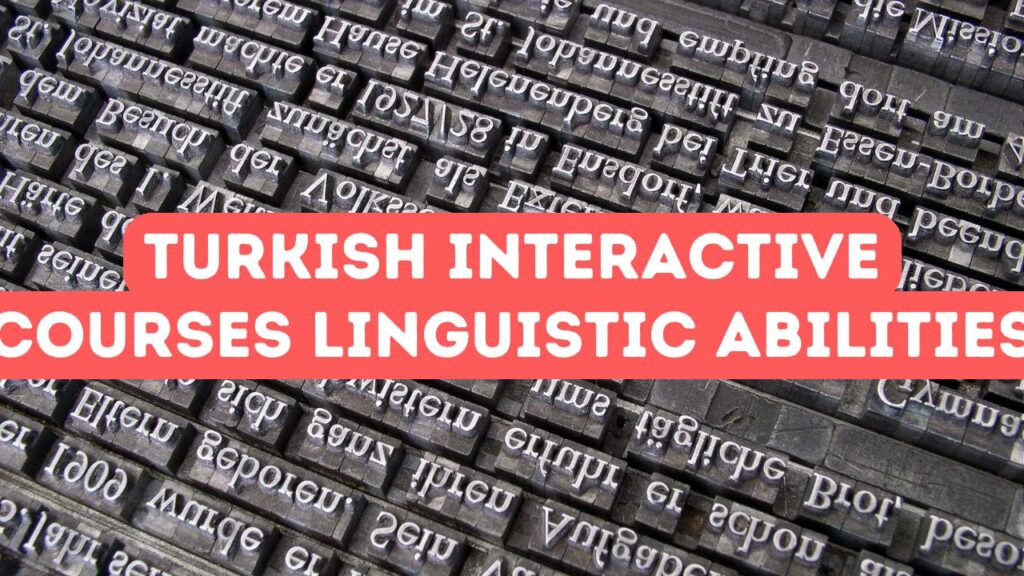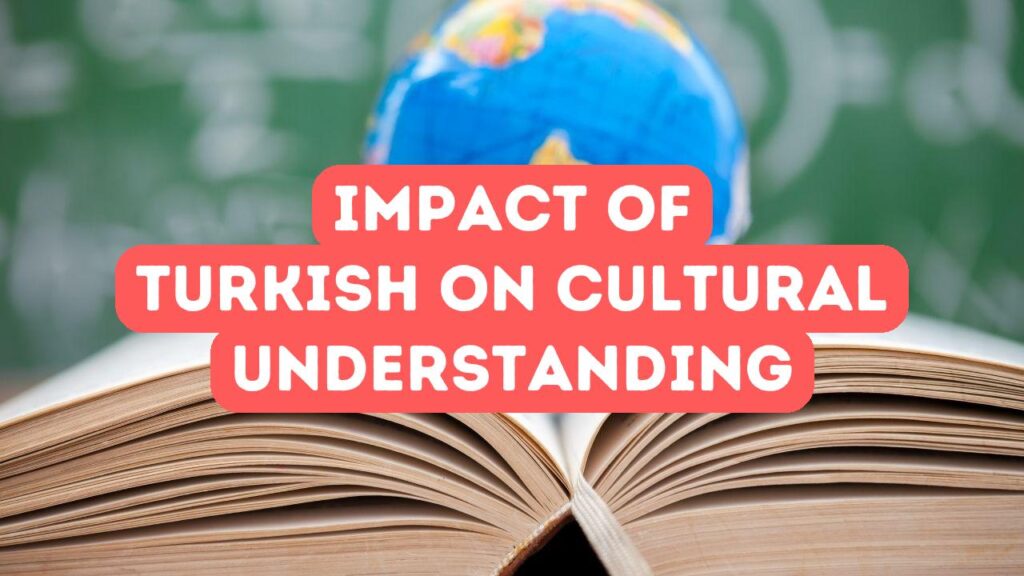Maximizing Language Acquisition
Maximizing language acquisition through games and applications taps into the engaging power of interactivity and immediate feedback. These digital platforms often utilize repetition mechanics that mirror the natural assimilation process of language learning. As a learner navigates a virtual world or strategically maneuvers through levels, they’re encouraged to apply Turkish phrases and vocabulary contextually, fostering deeper understanding and retention. This method positions practical language use at the forefront, enabling learners to articulate their thoughts and solve puzzles in Turkish. Crucially, it allows for a tailored learning experience where difficulty levels adjust to individual progress, ensuring that each user remains challenged yet not overwhelmed, transforming the formidable task of language acquisition into an absorbing quest for personal growth and mastery.
Amidst the allure of colorful interfaces and compelling narratives, these applications often incorporate systemic rewards that heighten the sense of achievement as one masters the Turkish language. Leaderboards, badges, and virtual trophies turn a solitary learning expedition into a shared voyage with fellow linguaphiles. This gamification transcends traditional educational boundaries, motivating learners to revisit and refine their skills as they climb the ranks of proficiency. Moreover, well-structured games and apps introduce cultural elements and colloquialisms, enabling users to not only speak but also to think and feel in Turkish, thus embracing the language in all its richness. By gamifying the learning process, each milestone becomes a celebration of progress, marking the journey through Turkish not just with the rote acquisition of skills but with a tapestry of memorable and rewarding experiences.
The sophisticated algorithms behind these interactive platforms also personalize the learning journey, utilizing user data to optimize the pacing and content, adapting to diverse learning styles, and previous exposure to the language. As such, whether one is deciphering the intricate patterns of Turkish grammar or expanding their lexicon with new, vibrant idioms, the application continuously evolves to meet the user’s needs. This individualistic approach ensures that learners remain engaged, with every session bringing new insights and the pleasure of unraveling the complexities of Turkish in bitesize, manageable chunks. The triumph of mastering a conversational skill or understanding a nuanced expression is not just a testament to the learner’s dedication but also to the ingenious design of these educational tools that keep the flame of curiosity burning brightly on the path to fluency.
Interactive Strategies for Turkish Mastery
One of the most effective interactive strategies for mastering Turkish is through language-learning applications that employ spaced repetition systems (SRS). Apps like Anki and Memrise use this cognitive technique to enhance retention, where learners review vocabulary at increasing intervals, thereby engraining words and phrases into their long-term memory. Coupled with engaging visual cues and gamified reward mechanics, these intelligent platforms adapt to individual learning paces, ensuring that each new lexicon challenge is met with an appropriate level of difficulty and immediate feedback. The very nature of such apps capitalizes on the brain’s natural learning rhythms, embedding the intricate patterns of Turkish grammar and pronunciation into one’s daily routine without the feel of daunting, monotonous study sessions.
Beyond the algorithmic confines of SRS, learners yearning for more organic interaction can plunge into the virtual environments offered by narrative-driven language games. Within these vibrant settings, players not only encounter new vocabulary but also grapple with real-life scenarios that require active engagement in Turkish conversations. For example, the game-like interface of Babbel immerses users in diverse dialogues and interactive stories that simulate everyday situations, from ordering food in a bustling İstanbul bazaar to striking up a chat by the azure coasts of Antalya. This method of contextual learning encourages the application of language skills in a quasi-natural setting, fostering an intuitive understanding of colloquial expressions and linguistic subtleties. By navigating these digital adventures, learners gain a sense of accomplishment and a tangible connection to Turkish culture, one dialogue at a time.
Rounding out the suite of interactive tools for Turkish mastery are mobile apps designed to mirror the challenges of real-world communication. Tandem and HelloTalk, for instance, go beyond traditional learning paradigms by connecting learners with native Turkish speakers around the globe. These platforms enable language exchanges where users can practice speaking, listening, and even texting in Turkish, receiving instant feedback and cultural insights directly from their peers. Such social learning environments not only break down the barriers of geographical limitations but also add a personal dimension to language acquisition, making the construction of sentences and the absorption of colloquialisms as natural as in any lively conversation on the streets of Ankara. The synthesis of human interaction with digital convenience creates a holistic Turkish learning ecosystem, where the joy of making personal connections through language fuels an ever-deepening proficiency.
Technology-Enhanced Turkish Education
The landscape of language learning has undergone a radical transformation with the integration of technology, particularly in the realm of Turkish education. Digital platforms and applications such as Duolingo, Babbel, and Rosetta Stone have revolutionized the approach to acquiring new linguistic skills by providing interactive, adaptive, and engaging content that caters to a wide array of learning styles. These tools employ gamification strategies to create a rewarding learning ecosystem where points, badges, and leaderboards incentivize learners to push the boundaries of their language proficiency. This interactive approach not only makes learning Turkish more enjoyable but also reinforces retention by linking achievements to the mastery of phrases and concepts, ensuring that each swipe of the screen or correct answer etches the language deeper into the learner’s cognitive patterns.
Venturing beyond the basics, mobile apps like Memrise and language exchange platforms facilitate a deeper dive into Turkish by utilizing mnemonic devices, native speaker audio, and real-life conversational scenarios. Through these applications, users are exposed to the language as it’s genuinely spoken, allowing them to absorb idiomatic expressions and slang, which are rarely found in traditional textbooks. This contextual learning is complemented by the social dynamics of multiplayer games and discussion boards within the apps, where learners can interact with peers and native speakers alike. Such direct engagement simulates the experience of immersion, turning every interaction into a live practicum, sharpening listening and speaking skills that are imperative for fluent communication. As learners navigate through various stages and story-driven quests, they encounter cultural references and historical anecdotes, giving the language a vibrant hue that textbooks alone cannot provide.
Convergence of advanced technology and educational methodologies has also enabled the meticulous crafting of intelligent software that adapts to individual learning paces, optimizing progress in mastering Turkish. The advent of AI tutors and chatbots simulates one-on-one interactions, providing immediate feedback and personalized practice sessions that emulate conversational exchanges with a patient native speaker. This tailoring of the learning experience addresses specific linguistic challenges and propels students toward conversational fluency. As users articulate responses and navigate complex dialogues, they fortify their language skills in a supportive digital environment that’s accessible around the clock. Whether through solving language puzzles or engaging in simulated negotiations, these interactive scenarios champion active learning and ensure that each learner’s journey is not only informed by their unique goals but is also imbued with the joy of discovery and the satisfaction of personal achievement.

